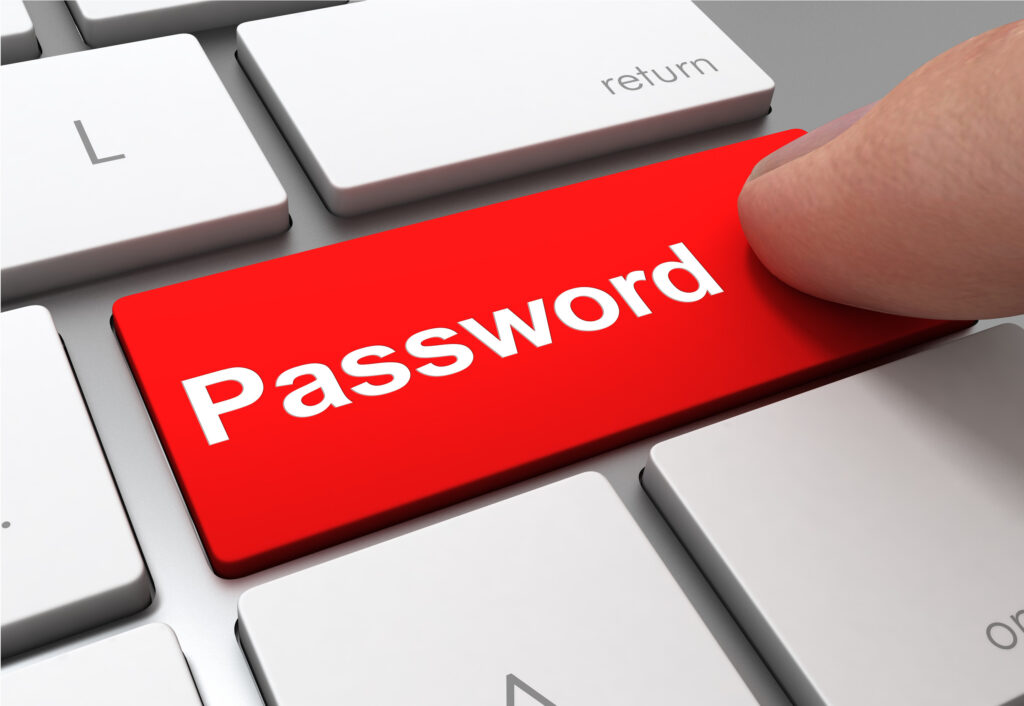
Keep your passwords to yourself
It might seem harmless — even helpful — for team members to share login credentials to save time in the busy, fast-paced environment of a healthcare clinic. But sharing passwords is never acceptable, especially when patient privacy and legal compliance are on the line.
In fact, sharing passwords in healthcare is a major risk that can lead to privacy breaches, regulatory violations, and damage to your clinic’s reputation.
Here’s why healthcare professionals must treat their passwords like their toothbrushes — strictly personal, never shared.
1. Password Sharing Violates Privacy Laws
In jurisdictions across North America, all access to Protected Health Information (PHI) must be trackable to an individually authorized user. That means every person who views or edits patient data must be uniquely identified in system logs.
When users share passwords, the required audit trail is lost. The system can’t determine who accessed what information — which is a direct violation of the HIPAA Security Rule and Section 60 of the HIA. If a breach occurs, your organization will be unable to demonstrate who was responsible, and regulatory penalties may follow.
2. Shared Credentials Create Breach Risk
The more people know a secret, the less secure that secret becomes. If everyone knows the same password, security controls become meaningless. It only takes one person to fall for a phishing scam or leave the password visible on a sticky note for the entire system to be exposed.
And once an attacker has access, they can exploit every user-level permission granted to that account — whether clinical, administrative, or financial. You’ll likely never be able to fully understand how the breach happened beyond ‘we shared passwords’.
3. It Destroys Accountability
Shared passwords make it impossible to hold staff accountable for inappropriate access or errors. If a patient record is altered, viewed without cause, or deleted, your audit trail will simply show the shared account was used — but not by whom.
This undermines investigations, trust, and your ability to enforce compliance policies.
4. It Weakens Your Entire Security Program
Effective cybersecurity depends on layered, individual-based access controls. Sharing credentials bypasses those controls entirely.
It also sends the wrong message to staff: that security is optional or that shortcuts are acceptable. That attitude increases the risk of other unsafe practices, such as writing passwords down, reusing credentials, or clicking unknown links.
5. It’s a Red Flag During an Audit
If your clinic is ever audited by regulators — whether in response to a breach, patient complaint, or random check — shared credentials will almost certainly be flagged as a compliance failure.
Even if no breach has occurred, you may be required to revamp your access control policies, retrain your staff, and report your remediation efforts to authorities.
What to Do Instead:
- Ensure technology and software you use allows multiple individual user accounts.
- Assign unique usernames and passwords to every staff member who accesses clinical or administrative systems.
- Avoid using personal email addresses for user names
- If your clinic doesn’t typically assign unique email addresses for each team member, you can create free email addresses with providers such as Gmail, Outlook.com, and Yahoo
- Consult your IT provider for options that will work best for your orgnization
- Enable multi-factor authentication (MFA) for all sensitive systems.
- Train staff regularly on secure login practices and the importance of keeping credentials private. If someone else uses their credentials improperly, they will be to blame.
- Use role-based access controls, ensuring staff only see the information they need for their role.
- Enforce session timeouts and lock screens on shared devices.
The Bottom Line: Security Starts with Structure and Accountability
In healthcare, every action has the potential to impact patient trust and safety. Sharing passwords in healthcare may seem like a simple shortcut, but it’s actually a path to breach risk, liability, and non-compliance.
By ensuring every team member uses their own credentials, you help maintain privacy compliance and protect your patients, your team, and your practice.
A culture of privacy compliance makes a big difference in preventing breaches. Brightsquid privacy training can help you and your team see opportunities for enhanced compliance and privacy readiness in your day-to-day.